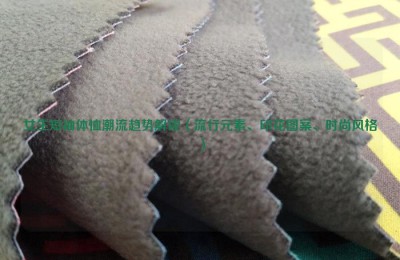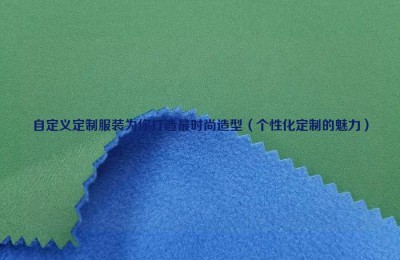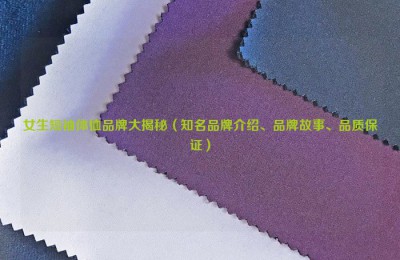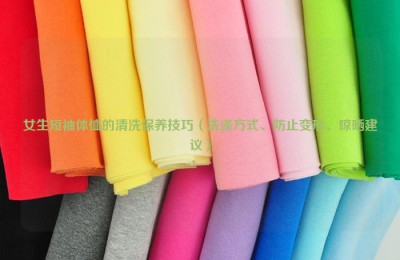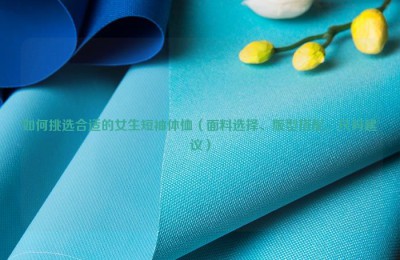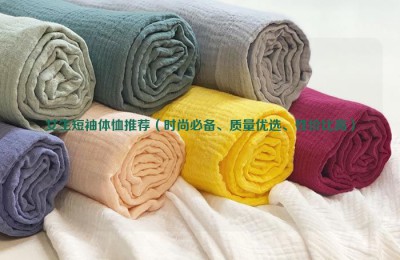EU authorities are urging the public sector to reduce the environmental impact of textiles used in uniforms and adopt new guidelines to encourage the use of materials containing sustainable and recyclable materials.
New standards for textiles and services, initiated by the voluntary Green Public Procurement (GPP), aim to reduce the environmental impact of textiles and their costs, especially uniforms for military, police and hospital staff.
The initiative urges European public authorities to purchase textiles containing recycled materials or made from fibers produced using less fertilizer, harmful pesticides and chemicals. Purchase fabrics that do not shrink during use; have fabric construction that is more durable and have longer-lasting functional coatings; purchase textiles or textile services that minimize the use of washing, drying, and ironing the textiles of energy.
Other suggestions include using contract services to maintain textiles to extend the product’s useful life, or at the end of its life stage to maximize the potential for reuse and recycling of textiles.
Textile standards include textile garments and accessories; textile fibers, yarns, fabrics and knitted fabrics, including intermediate products for textile garments and accessories. and non-fibrous elements; such as intermediate products that are incorporated into textile apparel and accessories. This includes zippers, buttons and other accessories, as well as films, coatings and conforming materials that form part of the garment’s structure.
At the same time, textile fibers include natural fibers, synthetic fibers and man-made cellulose fibers. The scope of textile fibers in the GPP standard is natural fibers; such as cotton and other natural cellulose seed fibers, wool and other keratin fibers; synthetic fibers, including polyamide and polyester; and man-made cellulose fibers, including lyocell, Modal and Viscose.
AAAVSGREHTRY45

